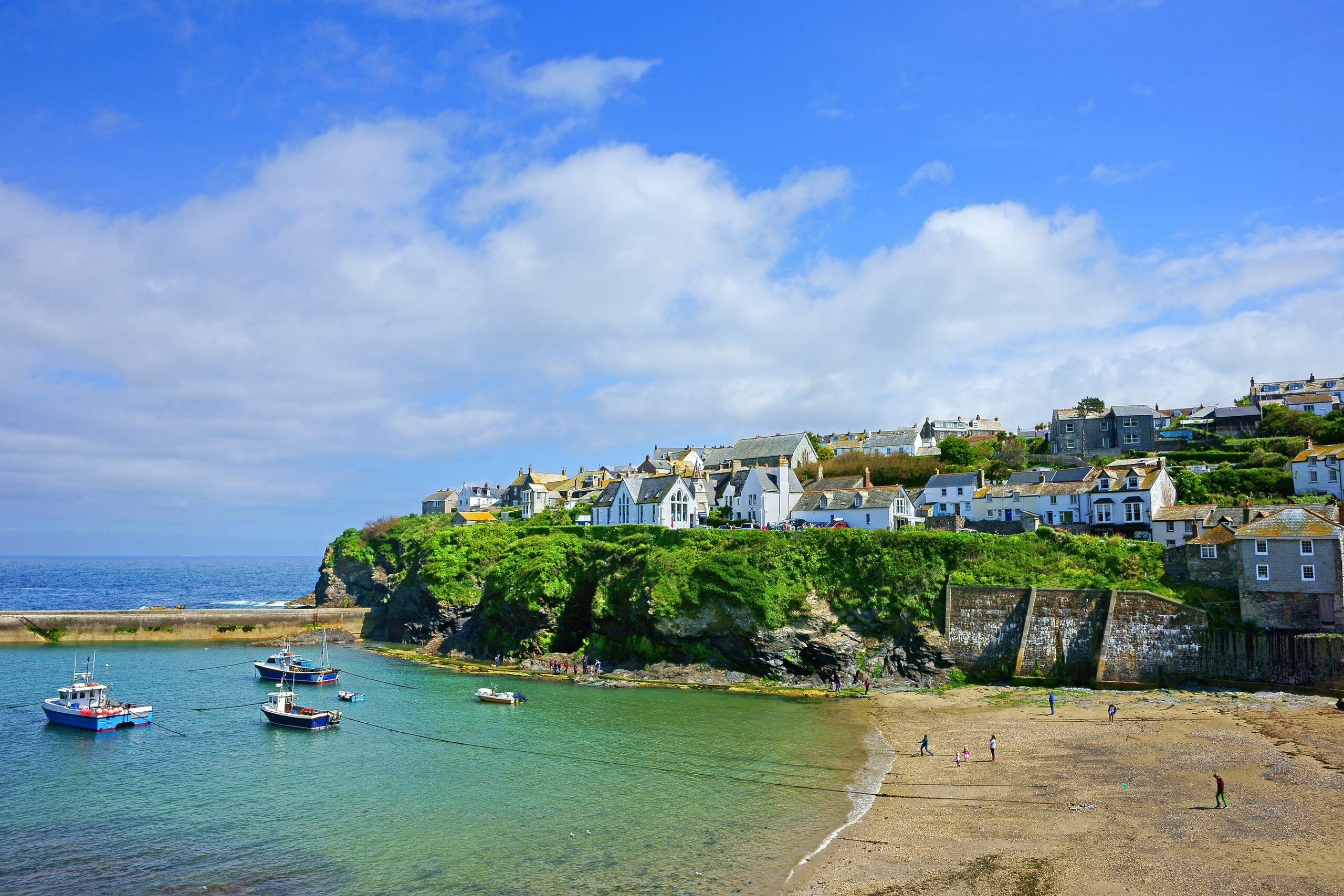Advertisement
For South African investors seeking to diversify their property portfolios, offshore residential investments in some of the most sought-after locations, including Portugal, Mauritius, the United Kingdom (UK) and Spain, can offer a range of opportunities.
But before embarking on an offshore property investment experts caution on the pitfalls and advise on the importance of investigating the tax implications of such a move.
Mauritius: A tropical paradise
Mauritius is known for its political stability and this, along with the scenery, good weather and close proximity to South Africa is what attracts South African property investors to the island.
‘Initially, the majority of South African investors concentrated their investments in the North, particularly in Grand Baie. However, the focus has since transitioned towards the West, with Tamarin and Black River gaining significant popularity among South African buyers. Furthermore, there has been a substantial shift in investment towards Smart Cities like Beau Plan, which offers a comprehensive “work, stay, and play” concept,’ explains Hartwieg du Rand, director at Harcourts Offshore.
Jason Garner, financial strategist at FinLink, adds: ‘We can be in Mauritius from Johannesburg in about 2.5 hours – it’s not dissimilar to flying down to Cape Town. The location is very convenient, and people also see that because it’s so close they can make use of the property more regularly as an owned property – not just for investment purposes. The other appeal from an investment perspective is that it’s part of the Southern African Development Community making it easier to get funding.’
Portugal: A gem on the Atlantic coast
Portugal has a stable and growing property market. It has a Golden Visa Programme which, at the time of writing, is still open to investment and can offer a path to citizenship if you’re able to raise the €280, 000 minimum investment.
Advertisement
At the time of writing, Portugal is considering the closure of this scheme but there’s a chance it could be still be extended. So, if you’re interested and it hasn’t yet been closed you’d have to act fast as others like the UK, Montenegro and Cyprus have already closed the door on similar schemes.
UK: Tradition meets opportunity
The UK has a strong, robust rental market that can provide reliable income streams for investors. There’s a diverse range of property choices from urban apartments to countryside estates and seaside homes.
The downside is that taxes like Stamp Duty are pretty hefty and there are other uncertainties like Brexit, which remains unresolved. While seaside villages may be appealing, particularly in the summer months, they are difficult to get to after a 10-15 hour flight (depending on number of stops), so if you’re investing in an area that’s difficult to commute to its best to have someone local there that you trust to manage it.
‘The UK is easy to invest in for many South Africans as they often have strong ties with it. There’s often family that live there or the investors are UK citizens. Culturally it’s a strong pull and there’s the convenience of it being on the same timeline. Our laws are similar too as they’re broadly based on similar principles to the UK and even to parts of mainland Europe,’ says Garner.
Spain: Sun, sea, and real estate
Spain offers affordable properties in mainland Europe. It, like neighbouring Portugal, has an established tourism market so if you invest in the right area you could get a good rental return. It does offer a residence by property investment programme but it’s also under pressure to close its scheme by European Union officials. However, it’s also considering doubling the minimum investment to €1m and keeping the scheme alive so if you’re interested in this scheme it’s important to keep abreast of any further developments.
Offshore property investment mistakes
People often make several mistakes when buying property offshore, these include:
- Lack of research: ‘Failing to thoroughly research the local property market regulations and cultural norms can lead to poor decisions,’ says du Rand.
- Not considering resale value. Du Rand says: ‘Think about the property’s resale potential. Will it be attractive to future buyers?’
- Skipping due diligence. ‘Skipping property inspections, title checks or neglecting to verify property ownership can lead to costly surprises,’ says du Rand.
- Getting caught up in the emotion. ‘The overarching mistake is where people make emotional decisions. Usually, this is because they are on holiday with a drink in their hands. But they forget there’s a contrast between regular existence and holiday existence,’ explains Garner.
- Not considering tax. ‘If you’re South African you will pay income and capital gains tax in South Africa. If you decide on using tax-efficient structures make sure they are necessary. They can incur costs such as an annual fee and can be very admin intensive,’ says Garner. Investigate too if the country that you want to buy property in has a double tax agreement with South Africa. If it doesn’t, you could end up paying tax in both domains.
- Forgetting insurance. ‘Adequate insurance coverage, including property and liability insurance, is essential,’ points out du Rand.
By weighing the pros and cons, considering the tax implications, and understanding the local property market dynamics, South African property investors can make informed choices that align with financial goals.



